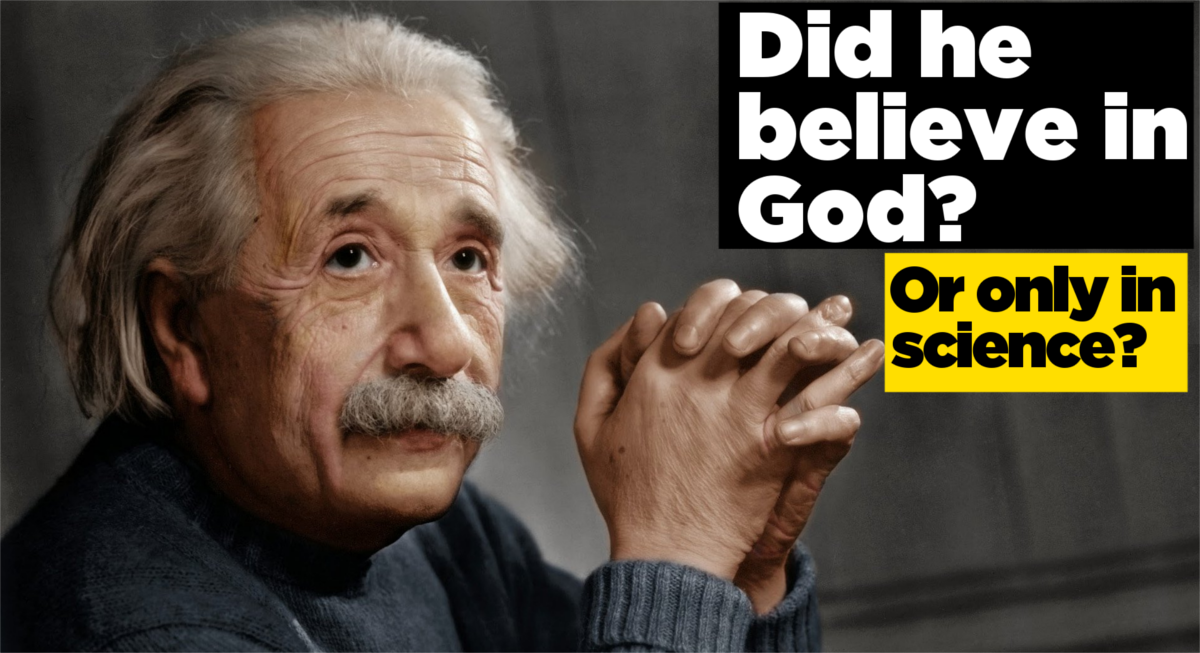American Court: Chimpanzees may not be considered as human beings
- News
- 06 Jan 2015
 Ascribing “fundamental human rights” to chimpanzees, just because we are some “advanced and civilized monkeys” has become one of the main arguments of the culture of human reductionism. Unfortunately, a wrong ideological approach to biological evolution and the extremisation of the fair and reasonable worries about the health of animals and about the ethical treatment of creation, has led some people to invoke “human rights” for non-human species.
Ascribing “fundamental human rights” to chimpanzees, just because we are some “advanced and civilized monkeys” has become one of the main arguments of the culture of human reductionism. Unfortunately, a wrong ideological approach to biological evolution and the extremisation of the fair and reasonable worries about the health of animals and about the ethical treatment of creation, has led some people to invoke “human rights” for non-human species.
Right from the beginning, this degeneration has been used by the antitheist propaganda: reducing man, denying his uniqueness and his huge difference from the rest of creation, one evidently reduces the importance of the human creature, so as to deny his divine origine. No wonder that these days Margherita Hack, Daniel Dennett, Peter Singer, Richard Dawkins and Umberto Veronesi (five well-known convinced atheists), have largely promoted the “animals rights” in modern times, an initiative started in the rationalist Enlightenment by David Hume, Voltaire, Jeremy Bentham, and then by Arthur Schopenhauer, Henry Stephens Salt etc. The previous Prime Minister of Spain, Luis Zapatero, has even suggested adopting these rights in the Spanish law code.
In these days, however, the New York Court of Appeals ruled that Tommy, a 26-year-old chimpanzee kept by an upstate New York couple, cannot be considered a “person” and therefore does not need to be freed from the cage in which he is kept. The judgment rejected the efforts made by a group of animal rights activists curating the “Nonhuman Rights Project” to extend human rights to animals, too. The motivation of this case comes however from a fair and understandable worry, that is the bad conditions in which the chimpanzee was kept. The request for “human rights”, though, is unacceptable and the Court ruled that it would not be possible to concede rights, duties and obligations that chimpanzees will never be able to accomplish.
The project leaders answered by supporting the idea that chimpanzees are «a complex autonomous legal person and had presented testimony from experts that chimpanzees exhibit traits such as self-awareness and self-determination that should prevent their unlawful detention». The self-awareness argument is usually supported by the famous “mirror test”, invented by Gordon Gallup to verify whether chimpanzees recognize themselves when looking at the mirror. The reaction is indeed positive and that means automatically, for many people, that chimpanzees do have self-awareness. Besides having a reductive concept of consciousness, as explained by professor Clive Wynne, «the problem with the mirror test for self-recognition is not the result of it, since it is certain that some non-human monkeys can recognize themselves in the mirrors, but in its interpretation. Why is this self-recognition equated with self-awareness?». Many autistic people, he explained, do not recognise themselves in the mirror, but does that mean they are not consciuous or self-conscious beings? «These self-identification tests with the mirror are interesting and undoubtedly tell us something about how animals see their own bodies, but they tell us nothing about the question of the deeper self-awareness».
In fact it’s strongly questionable that recognizing your own mirrored image implies being aware of yourself. One of the majour critics of Gallup’s thesis is even an ex student of his’, Daniel Povinelli: today Daniel is a physical anthropologist at the University of Louisiana at Lafayette, where he showed that a chimpanzee does not need at all self-consciousness to pass the mirror test (it probably uses a much easier brain function) and he defines those theories as “popular phsychology”. Professor L. Syd M Johnson, teaching Philosophy, Kinesiology and Integrative Physiology at the Michigan Technological University invited to «abandon the MSR [mirror self-recognition] test as a valid, universal test of self-awareness» C. M. Heyes, from the Psychology department of the University College of London concluded in his turn that «no convincing evidence exists for animal self-consciousness and self-awareness».
As far as the alleged skills of “self-determination” of chimpanzees are concerned, we need to remember that it is all about recognizing their ability in taking an autonomous and independent choice. It is quite curious that science is looking for evidence for it in animals, while in the mean time some neuroscientists and also Peter Singer want to deny that ability to the human being, saying that the latter would lack free will. The chimpanzee would be a free human being, while the human being would not be recognized as such. We find it obvious that this thesis, contrary to the self-awareness one, is supported by science fiction activists and not by scientists; it is also as obvious to reply that no animal can free itself from its genetic and evolutionary instincts, which influence all its behaviours.
Clearly, all this does not authorize anyone to mistreat and abuse animals. Pope Francis has recently shown the true ecologism which, especially Christians, are called to pursue: «Our earth needs constant concern and attention. Each of us has a personal responsibility to care for creation, this precious gift which God has entrusted to us. This means, on the one hand, that nature is at our disposal, to enjoy and use properly. Yet it also means that we are not its masters. Stewards, but not masters. We need to love and respect nature, but “instead we are often guided by the pride of dominating, possessing, manipulating, exploiting; we do not ‘preserve’ the earth, we do not respect it, we do not consider it as a freely-given gift to look after».
The Editorial Staff
(translated by Valentina Barbieri)

















0 commenti a American Court: Chimpanzees may not be considered as human beings